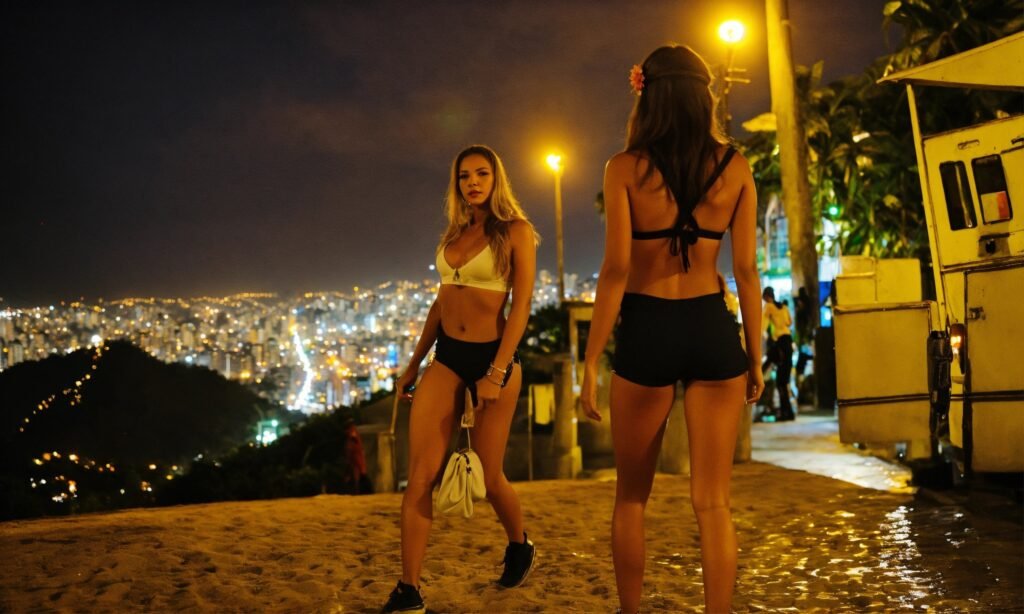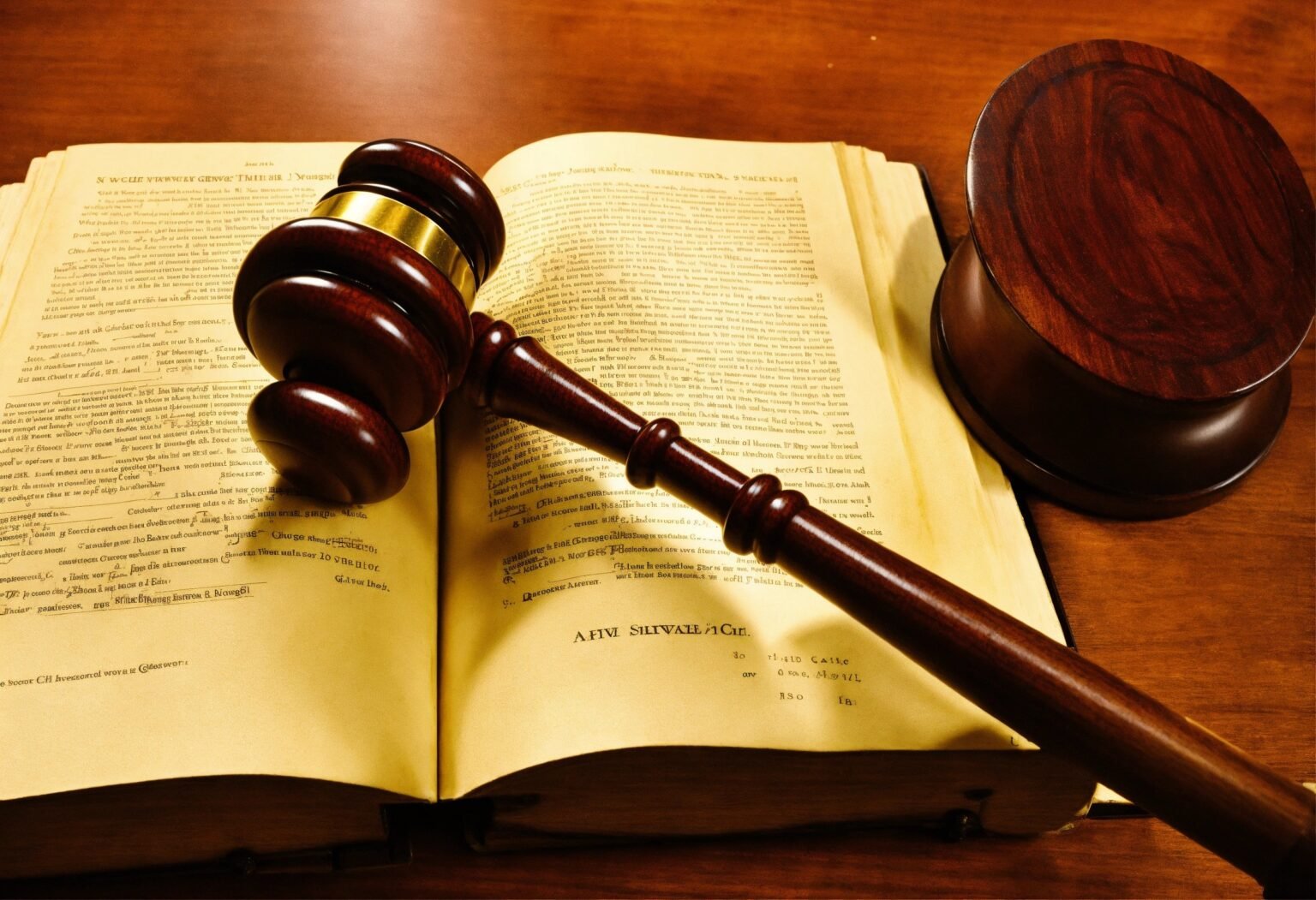The practice of providing sexual services for compensation is generally understood to be prostitution. Solicitation is a common term for prostitution punishments. Solicitation differs by State. The prison term, monetary penalties, and community service are typical outcomes for such sexually inappropriate behavior. If you’re a resident of South Carolina, or going to South Carolina, you need to know if Is prostitution legal in South Carolina or not.
Prostitution legislation reforms often address problems associated with minors. For a clear instance, Prostitution is completely prohibited in South Carolina, as it is in most other states just like marijuana. Selling one’s sexual services is against the law in this State. Punishment in South Carolina is severe for those who profit from sexual acts. In South Carolina, it is illegal to ask another person to do sexual acts for money.
If you’re planning a trip to South Carolina, and looking to enjoy your trip without any legal issues, it is a must for you to understand the legality of marijuana and prostitution in South Carolina.
How Prostitution Is Defined in South Carolina?

There are at least eleven different behaviors that are defined as prostitution under South Carolina Code 16-15-90. The most typical forms of prostitution in South Carolina that need the services of a lawyer are:
- Getting involved in prostitution, which is the trade of a sexual act for cash.
- Willfully supporting or encouraging prostitution.
- Bringing in or luring in a prostitute.
- Indecent exposure of a private part with the intent to engage in prostitution.
- Forcing one’s way into an area with the intent to prostitute.
It’s vital to understand that someone might be prosecuted under this provision without completing the act. The Solicitor’s Office may bring charges, and police can conduct an arrest for even the attempted completion of a transaction.
South Carolina Code Section 16-15-100 details further behaviors that are deemed prostitution. These things are often done by pimps and managers involved in sex trafficking rather than the sex workers themselves. They include paying someone to become a prostitute, receiving money or goods in return for prostitution, and knowingly collecting the earnings of prostitution.
Is Prostitution Legal in South Carolina? Recognizing the Laws
The prostitution laws of South Carolina prohibit a broad spectrum of behaviors. Prostitution is often understood to include exchanging sexual acts for payment, but it is also unlawful to solicit (give or request) sexual activities for payment.
Prostitution laws that had been in place since 1976 in South Carolina were updated in 2017. As of right now, South Carolina law prohibits the following:
- Acquire or approach with the intent of prostitution.
- Get someone to work as a prostitute’s housekeeper.
- Cause, entice, convince, or urge someone to become a prostitute or continue to be a resident of a house of prostitution using any means, including violence, threats, or schemes.
- Induce, convince, or motivate someone to enter or leave this State with the intention of engaging in prostitution or to lodge at a house of prostitution.
- Accept or agree to accept any money or valuable item in exchange for arranging for another individual to become a prostitute or an inhabitant of a house of prostitution.
- Knowingly accept or acquire any money or other valuable item from a prostitute without payment.
- Expose someone privately in an obscene manner to promote prostitution or similar immoral activity.
- Live, enter, or stay in a location, building, vehicle, trailer, or other mode of transportation to be obscene, assigned, or engaging in prostitution.
- Establish or maintain a house of prostitution.
- Accept a person into a vehicle, trailer, location, structure, or building for lewdness, assignation, or prostitution.
- Allow someone to stay in a car, transportation, trailer, location, building, or structure to engage in lewdness, assignation, or prostitution.
- Transport, take, or offer to transport, or help or assist in moving a person to a car, conveyance, trailer, location, building, or to another individual knowing or having a good reason to suspect that the goal of the actions above is assignation, prostitution, or lewdness.
- Knowingly assist, encourage, or take part in any of the activities that are forbidden under this section.
Anybody who disobeys one of the rules mentioned above is accused of a misdemeanor, according to the law.
Penalties for Solicitation or Prostitution in South Carolina
Conviction under any of the two laws listed above carries the same penalty. The following sanctions are set out in South Carolina Code Section 16-15-110:
- For a first offense, you might face up to 30 days in jail time or a maximum fine of $200.00.
- If this happens again, you might be considering a $1,000 fine and/or six months in prison.
- A year in prison is mandatory for any third or subsequent offenses, with a maximum punishment of $3,000.
A criminal record will follow a person forever after a conviction, regardless of the severity of the immediate consequences. A person’s home status and ability to find work might both suffer as a result of this.
Consequences for conviction are, therefore, severe even for a first offense. Having a prostitution lawyer in South Carolina is essential for defending against even the most trivial of allegations.
Does Entrapment Play a Role in Prostitution Case in South Carolina?
The defendant was not predisposed to participate in prostitution or solicitation but was drawn into it by the undercover officer’s actions or direct request. A guy may provide a lady a ride and later discover that she is a prostitute when the cops come. This situation may constitute entrapment, depending on the methods used.
The following are some more potential defenses in a prostitution case:
- Absence of Proof: To fulfill their burden of proof, the State must present evidence and establish your guilt of the offenses you are accused of committing.
- Insufficient proof: The court may dismiss the case after hearing the prosecution if they cannot meet the evidence requirement.
- Reasonable Doubt: An arrest might have been performed illegally, or the evidence might not be eligible to be presented in court if the officer obtained it without a warrant or a reasonable justification.
Cases vary from one another. The lawyers have seen it all and will do their best to construct a solid defense on your side.
Conclusion:
Understanding prostitution laws in South Carolina is very crucial. You must get in touch with a South Carolina criminal defense lawyer right away if you are accused of prostitution or any related offense. A knowledgeable lawyer can guide you through the criminal justice system, determine if you qualify for any defenses, and advise whether to proceed with a trial or accept a plea deal.







